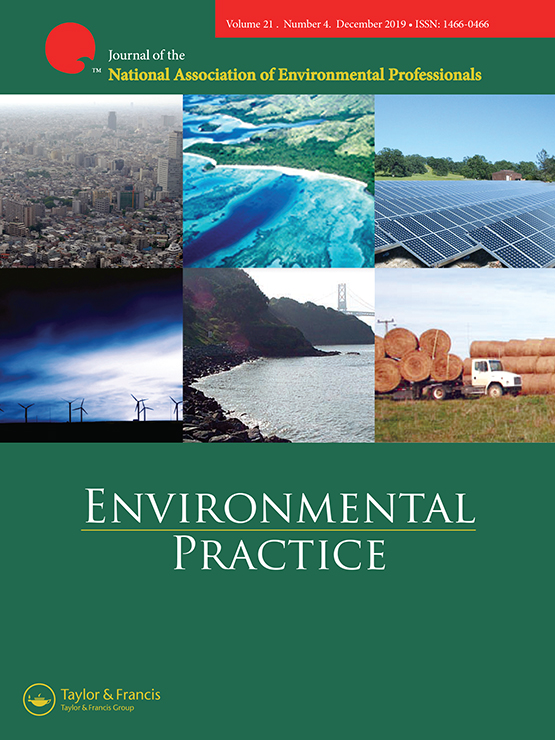With energy legislation pending in Congress, research is urgently needed on the public’s preferences for environmental policies. This study investigated preferences for government investment in new energy production relative to energy conservation and the variables that influence these preferences among members of the general public and those who live near nuclear and/or coal energy facilities (site-specific sample). A survey using random digit dialing assessed preferences for new energy production relative to energy conservation, beliefs about coal and nuclear energy, cultural worldview, trust in nuclear and coal agencies, environmental activism, and demographics among a general public sample (n = 800) and a site-specific sample (n = 2,400). Results showed that fewer than half of the participants desired more than half of the funding to be invested in new energy production relative to energy conservation. The general public sample’s preferences were driven primarily by beliefs about coal, hierarchical values, environmental concern, and gender. The model of the site-specific sample’s preferences was more complex and showed that preferences were driven primarily by coal and nuclear beliefs, hierarchical values, environmental concern, age, and race. Overall, the results underline the importance of investigating the underpinnings of beliefs of different groups and being cognizant of the unique factors that influence energy preferences among these groups.
